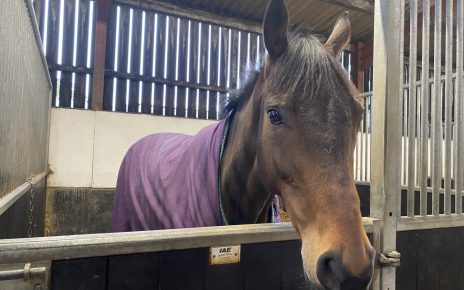Another year of the Cheltenham Festival has been and gone, in a year like no other, it was a miracle the Festival was even able to take place but now the hype and attraction of the hunt racing spectacular has passed should this seemingly archaic concept exist in the first place?
Horse’s at the Cheltenham Festival in particular, have tragically passed every year since 2000, 86 horses alone have died at the annual meet since 2010.
High levels of cortisol circulating at the peak of a race and the endorphins released during such exertion might suggest that racing is a stressful activity. Human athletes show equally elevated levels of these stress hormones without negative psychological impact. Cortisol and beta endorphin levels have been shown to be elevated in horses being loaded and transported, as well as in those housed with unfamiliar animals. While racehorses may only be exposed to these conditions for a relatively small proportion of their lives is it not worth considering the welfare implications of individual housing on these animals that are much more attuned to being in a group?
In relation to the harsh life challenges, the life and longevity of a professional racehorse isn’t what most would expect. More than half of all racehorses from ages 2-4 become overused and eventually suffer career-ending injuries. These animals are used to the max and sadly most never get to live out the scenic image of grazing in a field with the low rising sun setting in the backdrop.
A British Horsesracing Authority (BHA) review in 2011 outlined plans to limit the number of times a whip can be used in competition. Some may suggest that hitting an animal for whatever reason is entirely unacceptable but
recommended it be used less and the design of whips be refined to ameliorate negative impacts its use might have. ‘Encouraging’ the horse is one word to describe its use but others would suggest that hitting an animal for whatever reason is not acceptable.
While new guidelines were introduced in 2011, limiting the number of times a whip can be used in a race, highly competitive events like the Cheltenham Gold Cup have seen winning riders handed subsequent bans for breaking the regulations. The whipping of horses has been shown to be ineffective and even cause painful welts, while the jockey’s use the whip to increase their horse’s performance, they are in fact causing great stress and even injuries.

